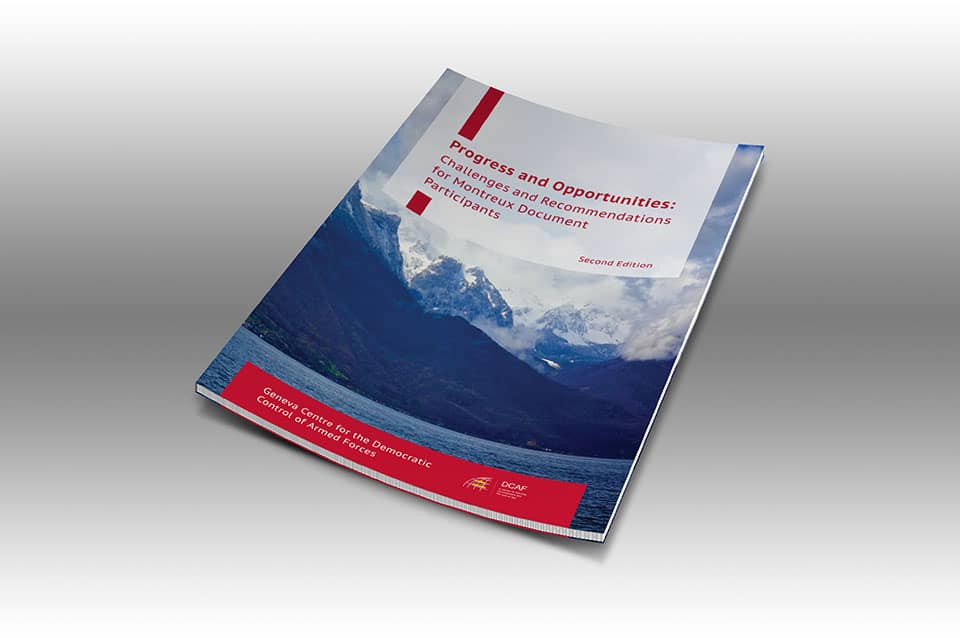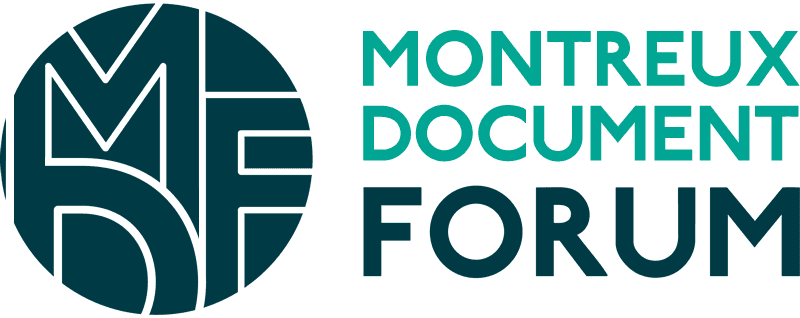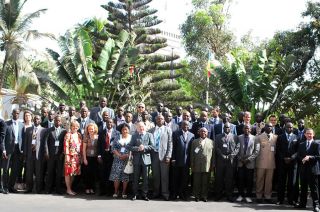
On the occasion of the fifth anniversary of the finalisation of the Montreux Document, representatives of over 60 states, and members of international organisations, academia, civil society and private companies gathered in Montreux, Switzerland in December 2013.
Organised jointly by Switzerland and the ICRC, with the cooperation of the DCAF, the event offered an excellent opportunity for states and international organisations to share their experiences in regulating PMSCs as well as to identify challenges and opportunities in securing wider endorsement of the Montreux Document and supporting its implementation.
The conference was opened by the Vice President of the ICRC Christine Beerli, as well as the Head of the Federal Department of Foreign Affairs Didier Burkhalter, who stressed that "the challenges ahead will require states to cooperate closely, exchange information and offer each other mutual assistance.
Regular dialogue between states and international organisations that have endorsed the Montreux Document may well help us achieve full compliance with international humanitarian law and human rights." Flowing from these discussions, participants supported the idea of establishing the Montreux Document Forum. Download the Chair’s conclusions of the M+5 conference.
PROGRESS AND OPPORTUNITIES: CHALLENGES AND RECOMMENDATIONS FOR MONTREUX DOCUMENT PARTICIPANTS
In preparation for the conference, Switzerland commissioned DCAF to carry out a study exploring the level of implementation of Montreux Document good practices across participating states and international organisations. The resulting report drew on a combination of research and information gathered on the occasion of four regional conferences as well as national reports provided by Montreux Document participants on the invitation of Switzerland and the ICRC. The study assesses progress and highlights gaps where the Montreux Document could be better implemented.
The second edition was published in August 2015 to build on the discussions and conclusions of the Montreux +5 Conference, to include feedback from Montreux Document participants, to integrate new research on developments regarding the regulation of PMSCs, and to incorporate discussions held during the 2014 regional conference in Dakar.The second edition also reflects on important new developments, in particular the establishment of the MDF.
Guiding Questionnaire - To form the basis for the report, Switzerland issued a questionnaire to all Montreux Document participants. The purpose of this questionnaire was to solicit input and examples of how Montreux Document states and international oganisations have put the Document’s rules and good practices into practice, as well as to capture where implementation challenges remain.
The event offered an excellent opportunity for states and international organisations to share their experiences in regulating PMSCs as well as to identify challenges and opportunities in securing wider endorsement of the Montreux Document and supporting its implementation.

Progress and opportunities: challenges and recommendations for Montreux Document participants
In preparation of the Montreux+5 Conference, Switzerland commissioned DCAF to carry out a study exploring the level of implementation of Montreux Document good practices across participating states and international organisations. The resulting report drew on a combination of research and information gathered on the occasion of four regional conferences as well as national reports provided by Montreux Document participants on the invitation of Switzerland and the ICRC. The study assesses progress and highlights gaps where the Montreux Document could be more effectively implemented.


